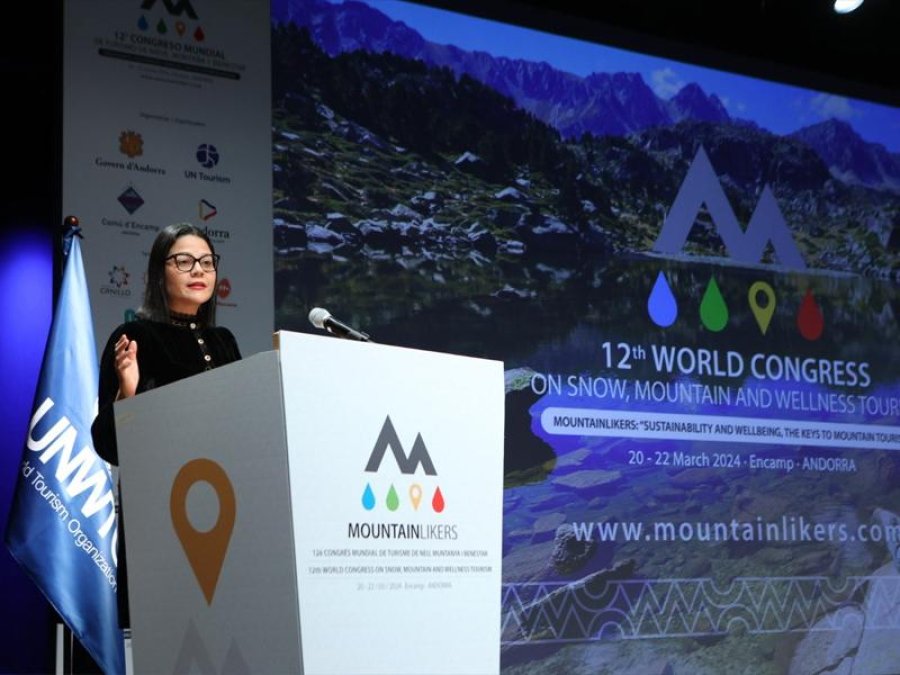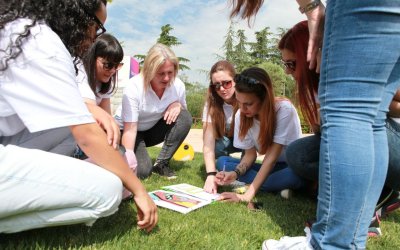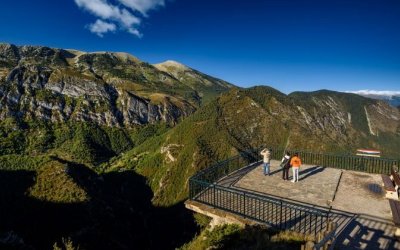The 12th World Congress on Snow, Mountain and Wellness Tourism, which took place this past March in Andorra, highlighted how the sector stands to benefit from offering more diverse experiences and investing in talent.
It also identified the main challenges facing this kind of tourism, including climate change and evolving consumer trends,
and it emphasised the role tourism can play in protecting vulnerable mountain ecosystems and increasing the resilience of communities living there, in addition to preserving the local heritage.
The congress was part of the United Nations’ Five Years of Action for the Development of Mountain Regions, and this year focused on health and wellness tourism.
The gathering also focused on promoting premium segments in mountain regions, emerging tourism products and attracting and retaining talent.
Other topics on the programme were the importance of quantifying the flow of visitors to the mountains, which is a key step in maximising the sector’s potential.
A resource for the region
The representatives who attended the congress highlighted the importance of tourism for mountain regions. The Government of Andorra stated that tourism in the country had returned to pre-pandemic levels, with over nine million tourists and twelve million overnight stays in 2023.
They also highlighted the importance of seeking a balance that ensures environmental continuity and people’s well-being by moving towards a model based on sustainability. The goal is to prevent tourism from being perceived as a problem and rather to see it as one of the solutions to the main challenges of the future.
UN Tourism noted that tourism is an invaluable resource for mountain communities and can also play a key role in protecting these key ecosystems and offering opportunities for the conservation and development of these local communities.
The event also included a high-level panel on mountain tourism development policies. The panellists discussed how to develop policies that promote the innovation, diversification and sustainability of mountain destinations.
Another feature of this edition was a session on health and wellness tourism, a segment where mountain areas have significant added value to offer, as well as a competitive advantage.
This reflects the current transition to diversify tourism products in these regions in order to create year-round demand and meet the needs of today’s tourists.
The congress was a reminder that tourism can drive rural development and help to promote the improvement and preservation of local cultures and the values of mountain communities.







